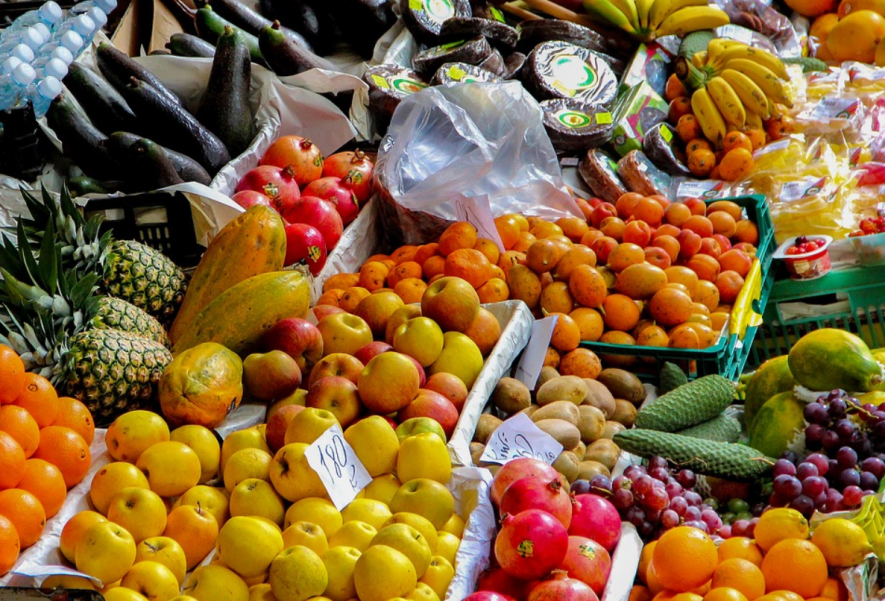Rome: The World Food Price Index of the UN’s Food and Agriculture Organization (FAO) continued to fall in June, with the downward trend being driven by a drop in the prices of sugar, vegetable oils, cereals, and dairy products, the Rome-based organisation said.
The index, which tracks the most globally-traded food commodities, averaged 122.3 points in June, and it is now 23.4 per cent below an all-time peak reached in March 2022, reports Xinhua news agency citing the FAO as saying.
In June, the index slipped by 1.4 per cent compared to May.
Four of its five sub-components dropped in June, while the fifth — measuring meat prices — stayed almost level compared to May.
The prices of grains and cereals, which have the biggest weight in the index, were down 2.1 per cent compared to a month earlier, with wheat, corn, rice, barley, and sorghum prices all declining compared to May, as production levels picked up.
The prices of vegetable oil were down 2.4 percent compared to May as exports of palm and sunflower oil expanded.
The vegetable oil price index is now at its lowest level since November 2020.
Sugar prices fell 3.2 pe rcent due to strong production in Brazil.
Dairy prices fell more modestly, by 0.8 per cent, but they were still 22.2 per cent below the levels registered a year ago.
For the second consecutive month, this sub-index fell due to higher production of cheese in Europe and higher exports of powdered milk from New Zealand.
Meat prices, meanwhile, changed very little compared to May as higher global production for pork and chicken was balanced by lower output for beef and sheep meat.
The meat sub-index has seen the least volatility over the last year, but it was still 6.4 per cent below the level registered a year ago.
Even though markets have adapted to disrupted trade routes and higher fuel prices triggered by the Russia-Ukraine war, FAO officials have repeatedly warned that market uncertainties continue to threaten many of the world’s poorest nations, which do not have steady access to global food markets.
